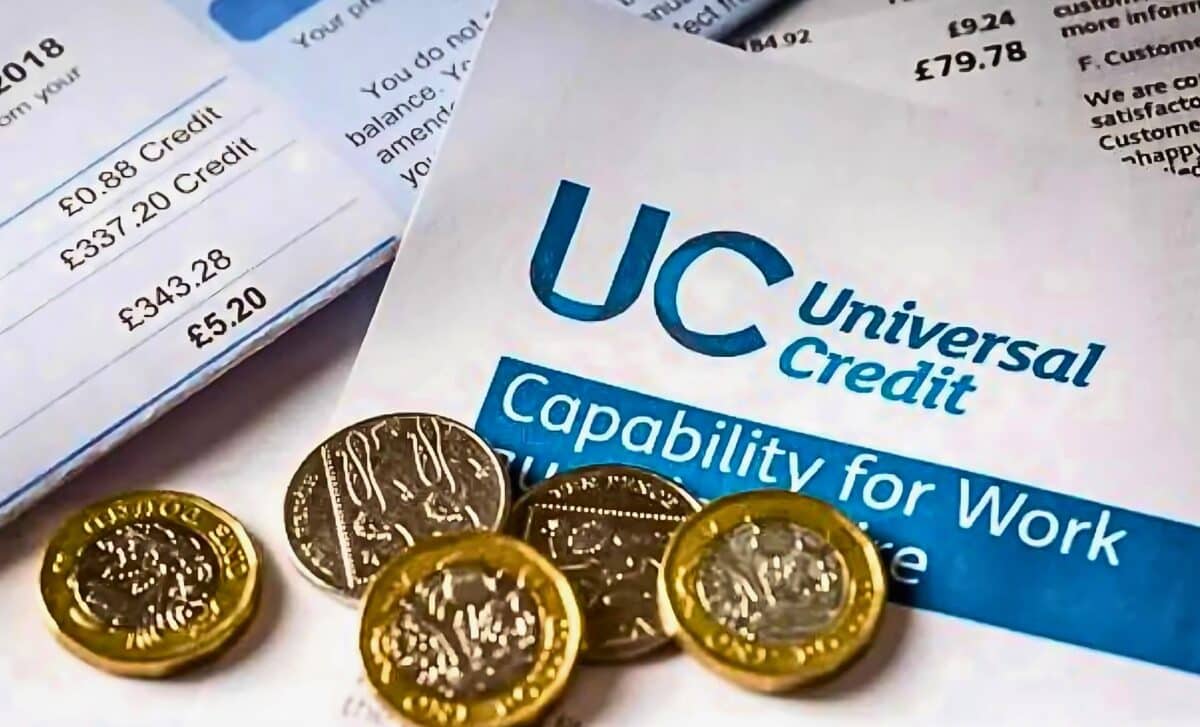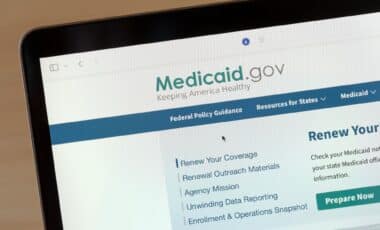The Universal Credit payment system, which supports over seven million people in the UK, is set for updates in April 2025, bringing changes to allowances, deductions, and additional benefits. These adjustments are a part of a wider effort to adapt the welfare framework to current financial realities, as more claimants move from legacy benefits. Here’s what you need to know.
What Is Universal Credit?
Universal Credit (UC) is a monthly welfare payment that consolidates several previous benefits into a single system. Payments are calculated based on a standard allowance, with additional elements provided for dependents, disabilities, and caregiving responsibilities, offset by deductions for debt repayments or sanctions.
The Department for Work and Pensions (DWP) has confirmed that the updated payment rates for 2025/2026 will come into effect from April 7, 2025.
Standard Allowance Increases
The standard allowance, the baseline amount for all Universal Credit claimants, will see incremental increases across the board:
- Single under 25: from £311.68 to £316.98
- Single 25 or over: from £393.45 to £400.14
- Couples under 25 (joint claimants): from £489.23 to £497.55
- Couples with one or both over 25: from £617.60 to £628.10
Child-Related Support Updates
Families will benefit from adjustments to the child elements of Universal Credit:
- First child (born before April 6, 2017): from £333.33 to £339.00
- Children born after April 6, 2017 or subsequent children under transitional protections: from £287.92 to £292.81
For families with disabled children, the lower rate addition will increase from £156.11 to £158.76, and the higher rate addition will rise from £487.58 to £495.87.
Carer and Disability Elements
Caregivers and individuals with health challenges will see slight increases in support:
- Carer element: from £198.31 to £201.68
- Limited Capability for Work (LCW): from £156.11 to £158.76 (available only for claims predating April 2017)
- Limited Capability for Work and Work-Related Activity (LCWRA): from £416.19 to £423.27
Housing Contributions and Deductions
Housing costs and deductions for debts or sanctions have also been updated:
- Non-dependents’ housing cost contributions: from £91.47 to £93.02
- Work allowances (earnings threshold before UC reductions):
- Higher allowance (no housing costs): from £673 to £684
- Lower allowance: from £404 to £411
Maximum deductions for arrears payments, sanctions, and fraud penalties have notably decreased. For example:
- Single under 25 (maximum deduction rate): reduced from £77.92 to £47.55
- Joint claimants, one or both 25 or over (maximum deduction rate): reduced from £154.40 to £94.22
Child Maintenance and Capital Limits
Some elements remain unchanged, such as the Child Maintenance Deduction, fixed at £36.40, and the capital limits:
- Upper limit: £16,000
- Lower disregard limit: £6,000
The DWP is speeding up the ‘managed migration’ from legacy benefits to Universal Credit, so understanding these updates is essential for claimants to maximise their entitlement and plan ahead. Payments and thresholds will vary according to individual circumstances, so consulting a welfare adviser can help clarify eligibility and impacts.









